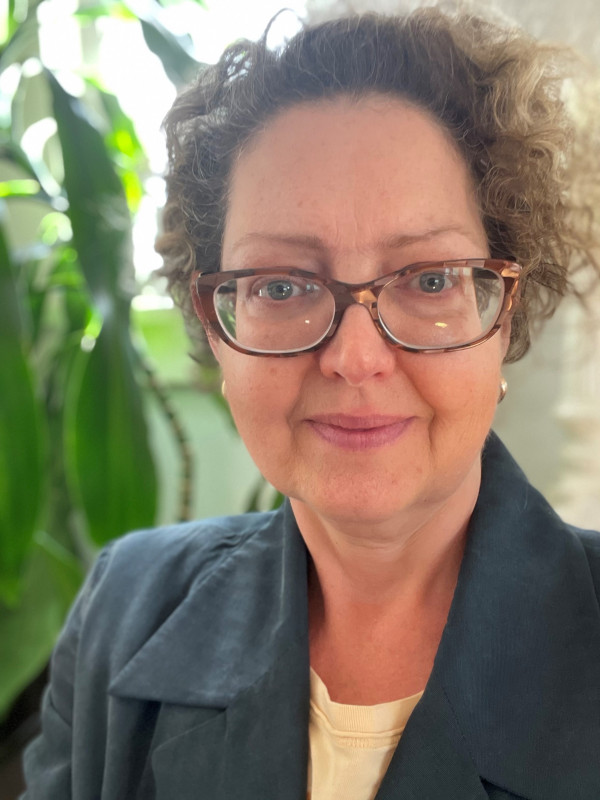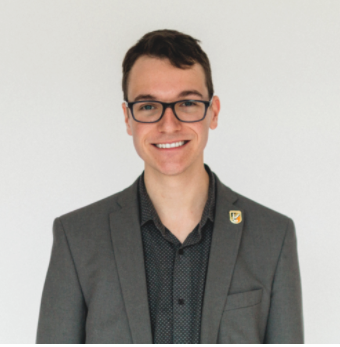Cape Breton University researcher participates in international study on plagiarism prevention
At Cape Breton University, we strive to build an environment that allows students to become successful academic citizens. With ever-changing technologies that provide access to information, the digital age draws attention to the notion of academic integrity, presenting new challenges for post-secondary institutions.
 Cape Breton University’s Dr. Sylvia Burrow, Associate Professor, Humanities Department, is seeking to understand this challenge as a lead researcher on a seven-year international project, “Partnership on University Plagiarism Prevention”. The research, supported with $2.5 million from the Social Sciences and Humanities Research Council, will lead to the development of a responsive educational program that includes plagiarism prevention techniques.
Cape Breton University’s Dr. Sylvia Burrow, Associate Professor, Humanities Department, is seeking to understand this challenge as a lead researcher on a seven-year international project, “Partnership on University Plagiarism Prevention”. The research, supported with $2.5 million from the Social Sciences and Humanities Research Council, will lead to the development of a responsive educational program that includes plagiarism prevention techniques.
“Plagiarism appears to have increased along with students’ use of digital technologies,” says Dr. Burrow. “Unfortunately, most universities focus on plagiarism detection, after it has occurred, and punishment in response. We advocate for approaches to prevent plagiarism.” She adds that the research team will aim to provide both teaching and learning resources to do just that.
“With this international collaboration, we will work toward prevention strategies relevant to country, culture, program and language in order to better equip students to exemplify academic integrity in their written work.”
The principal investigator, University of Quebec’s Dr. Martine Peters, invited Dr. Burrow and other leading scholars from 29 institutions around the globe, including Turkey, Belgium, the Czech Republic, Slovenia, the United States and the United Kingdom to partner on this project. The team is conducting research in multiple languages, allowing the project to explore the impact of linguistic, national and cultural relationships to plagiarism.
“Universities around the world are hosting diverse student populations,” explains Dr. Burrow. “It’s important to consider the student experience for those primarily using a first language, but also for those completing their academic studies in second and third languages.”
As part of CBU’s Academic Plan, “Transformation Through Inquiry,” a Charter of Academic Citizenship for students, faculty and staff was developed, along with an Academic Integrity Handbook and related Moodle training course. Supporting this focus on academic citizenship, Cape Breton University’s Students’ Union is taking a proactive approach, with a creative video message on social media, directing fellow students to the training. Students’ Union Vice-President, Logan Collins, says the message is aimed at letting students know the definition of academic integrity and inspiring them to do their best.
 “We’d like to think that if students have accurate information, they will make the right decisions when it comes to making ethical choices in academic work,” says Collins. “It’s important to recognize that students who plagiarize don’t always do it in bad faith, but rather due to a lack of understanding of what it means.”
“We’d like to think that if students have accurate information, they will make the right decisions when it comes to making ethical choices in academic work,” says Collins. “It’s important to recognize that students who plagiarize don’t always do it in bad faith, but rather due to a lack of understanding of what it means.”
Dr. Burrow says research that looks at use of sources will shed light on practices students may not realize are leading to plagiarism. “We will be looking to understand the reasons behind plagiarism and the strategies students use when writing,” says Dr. Burrow. “The work will also examine teaching methods that might provide students with the knowledge and confidence that enables them to fulfil their ethical responsibilities to academic integrity.”